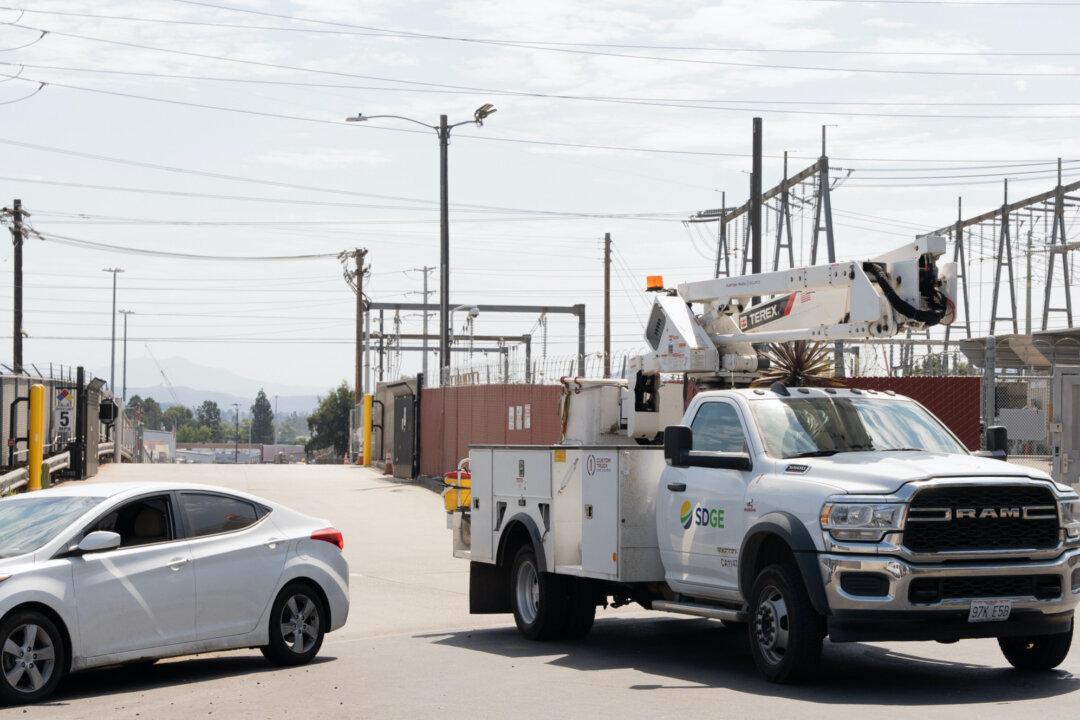SAN DIEGO—Following last week’s lithium battery fire at an Escondido storage facility that prompted evacuation orders and warnings, county supervisors Wednesday approved policies regulating the approval and operation of future energy-storage sites in unincorporated areas, but stopped short of imposing a moratorium on new facilities.
The Board of Supervisors, on a 4–1 vote, approved additional requirements for fire suppression technical reports and/or disclosures to ensure new battery energy storage systems (BESS) go “above and beyond” current code requirements.





